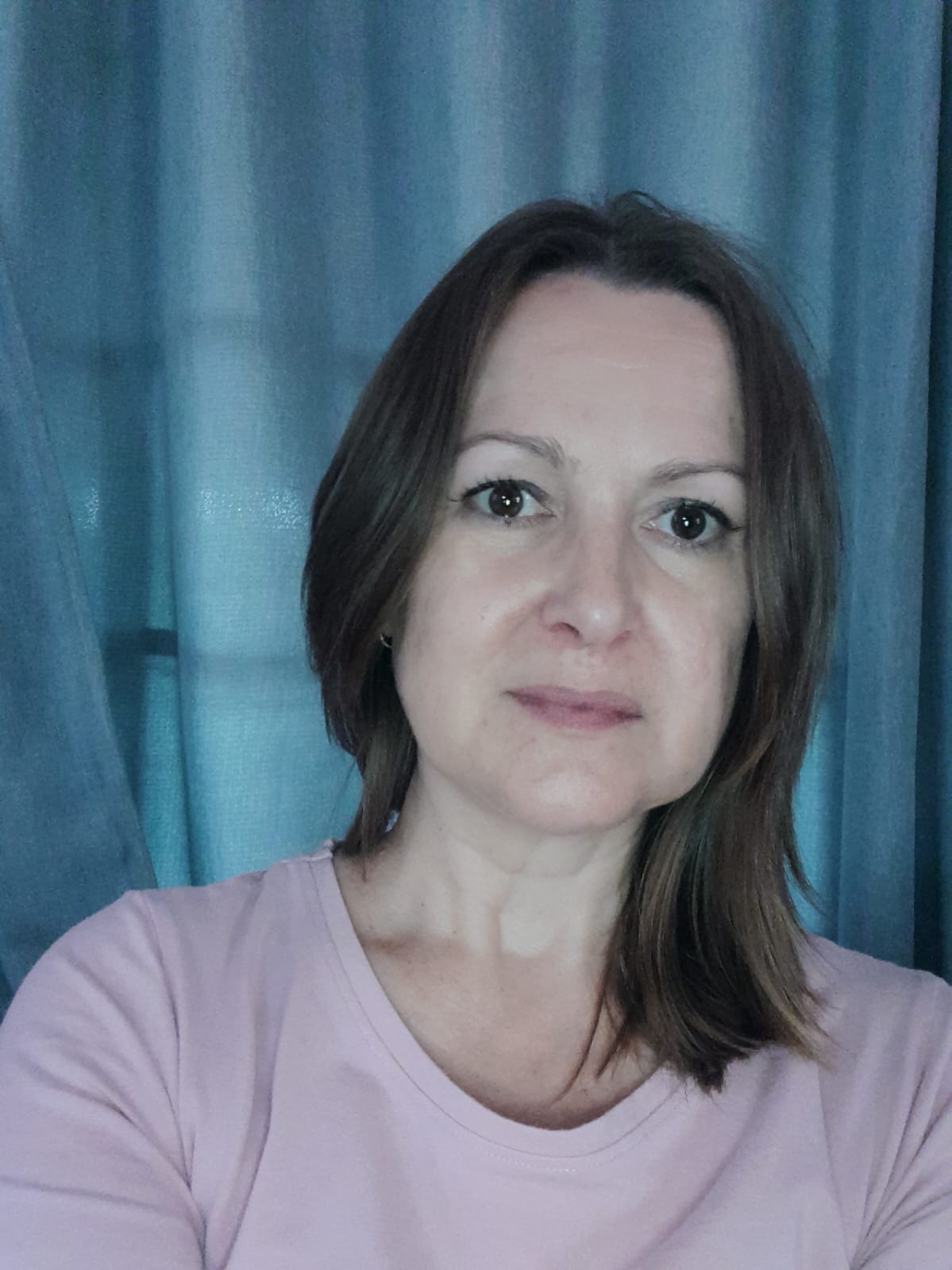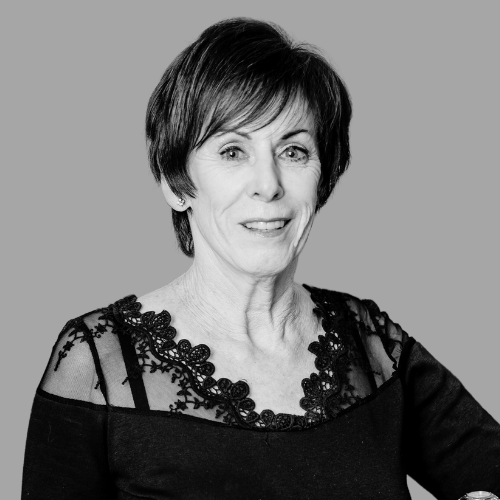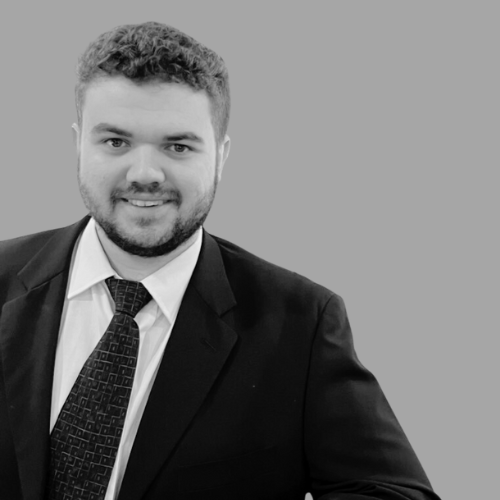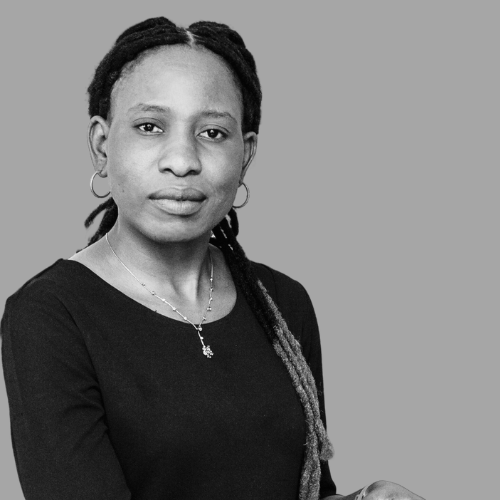What you need to know …
In general, a Power of Attorney under South African law, grants legal authority to a trusted third party in order to attend to your affairs, when so needed.
A Power of Attorney is a legal document whereby the individual (known as “the principal”) and, at the time of signature, must hold full contractual capacity to manage their own affairs appoints a third party (known as “the agent”) to act on their behalf. The Power of Attorney sets out the nature and scope of the agent’s powers.
There are two different types of Powers of Attorney:
- A General Power of Attorney which bestows broad authority on the agent to act in various matters on behalf of the principal (e.g. investing of money, buying or selling of property, the institution of legal action, etc); or
- A Special Power of Attorney which authorises the agent to act in a specific way and this limitation of authority is reflected in the document (e.g. assisting with the selling of a motor vehicle).
It is most important to ensure that the scope and nature of the authority granted to the agent is sufficient in detail to cater for all reasonable eventualities or actions.
Further, a Power of Attorney can be cancelled by the principal at any time. A Power of Attorney will continue to be valid until the death of the principal or the principal ceases to have mental capacity or is physically disabled. The understanding is that an agent can only do what the principal can do and can never have more powers than that of the principal and, thus, on loss of mental capacity and/or physical disability of the principal, the Power of Attorney falls away.
It is important for the principal to establish what Power of Attorney is acceptable to their banking institution and medical aid provider – experience has shown that the respective entities insist on their own Power of Attorney being signed, and a bank often insisting the document be signed in the presence of a bank official.
In some instances, a financial institution or bank may contact the principal directly to confirm the validity of a Power of Attorney, especially if the Power of Attorney is very old. It remains the prerogative of these institutions to no longer honour the Power of Attorney if, by their understanding, believe the person to be no longer of sound mind. This is certainly not the time to find out the Power of Attorney is no longer valid!
How does this affect the principal? The principal may be under the impression that you have your affairs in order with a valid Power of Attorney only to find that, at the very time you come to rely on it, it is considered stale and no longer valid. It may be something to consider revisiting with your financial planner during your annual reviews. It may also be prudent to ensure that your agent is still in a position to act on your behalf.
However, there will be a time when the Power of Attorney will no longer be valid as a result of diminished mental capacity or physical disability. South African common law dictates that the parties must be able to understand the nature, purpose and consequences of their actions and have the capacity to act.
Mental incapacity, therefore, can be interpreted as where the person is no longer able to appreciate and understand the nature and consequences of an act or incapable of managing their own affairs.
In the above instance, the following remedies are available:
1. Appointment of an Administrator (Mental illness)
The application is brought before the Master of the High Court and is a cost-effective and efficient process (over that of a curator bonis) and does not require the services of an attorney.
Further, the burden of proof rests on the person alleging the mental incapacity.
An application of this nature covers mental disability and not a physical one as the process to appoint is made under the Mental Health Care Act 17 of 2022, Section 63(3) which defines mental illness as “a positive diagnosis of a mental health-relates illness in terms of accepted diagnostic criteria made by a mental health practitioner authorised to make such diagnosis”.
The person would need to meet this narrow definition and does not provide a solution if the person is suffering from e.g. a physical handicap, terminal illness, old age (without any form of dementia). The diagnosis must be supported by at least two independent medical or mental health practitioners, with two medical certificates no older than seven days.
This option is only available in the case of a positive diagnosis and medical evidence of mental illness or severe/profound intellectual disability and only for smaller estates (assets may not exceed R200,000 and income may not exceed R24,000 per annum).
If the application is in excess of these limits, the Master will insist on an investigation prior to any appointments and these costs, legislated to be no more than R15,000, will be borne by the Estate of the person to be placed under administration.
It is important to note that the applicant must provide proof to the patient that an application for administration has been made and a copy of the application provided.
The administrator function, on appointment, should be proportionate to the patient’s mental health status. This means the administrator is required to consult with the person under administration, where possible, ensuring their privacy and dignity are respected.
2. Appointment of a Curator (Physical and Mental Incapacity)
An interested party can approach the High Court for a curator to be appointed, made possible by Rule 57 of the Uniform Rules of the High Court and in terms of common law. Besides the high costs of bringing such an application (which could be in the region of between R50 000 and R100 000 (and the cost borne by the estate) – there are also high medical costs involved as the application normally requires medical reports from a neurologist or psychiatrist.
A curator bonis is involved in the safeguarding of the financial resources of an incapacitated person (e.g. investments, property, assets and financial transactions). The curator bonis is liable to provide regular updates to the Master of the High Court and is required to file an annual report with the Master to account for the management of the individual’s funds every year.
A curator ad personam is involved in making decisions related to the individual’s personal affairs, care and overall wellbeing (e.g. personal welfare, social gatherings, meal preparation, hygiene, medical consent and living arrangements). The ambit of this role is very narrow and limited to the functions as outlined above.
3. Setting up of a Special Trust (Type A)
A Special Trust Type A (the beneficiary must have a disability that limits their ability to function or perform daily activities, must have suffered from the disability for 12 months or more, and the condition must be irreversible) is a Trust created solely for the benefit of a person with a mental or physical disability that prevents them from managing their own financial affairs. The Trust is established under the Trust Property Control Act.
In order to be effective, the special trust must be set up before the person becomes incapacitated, which requires some forward planning. This means that a person who is diagnosed with early stages of dementia but who still has mental capacity can plan for the future by setting up a special trust into which their assets are then transferred either by donation or interest-free loan.
Importantly, the trust founder can choose the Trustees they would like to administer the trust assets – which is a much more favourable position than having a court-appointed curator bonis or administrator looking after one’s affairs.
By registering as a Special Trust Type A with SARS, the Trust will enjoy the same tax rates applicable to natural persons ranging from 18% to 45%. In addition, the annual capital gains tax (CGT) exclusion of R40 000 is available to this Trust, as well as the primary residence exclusion of R2 million of the capital gain on disposal for CGT purposes.
Generally speaking, this type of Trust will cease to exist at the beginning of the year of assessment in which the beneficiary dies.
This article is a general information sheet and should not be used or relied on as legal or other professional advice. No liability can be accepted for any errors or omissions nor for any loss or damage arising from the reliance upon any information herein. Errors and omissions excepted (E & OE).































